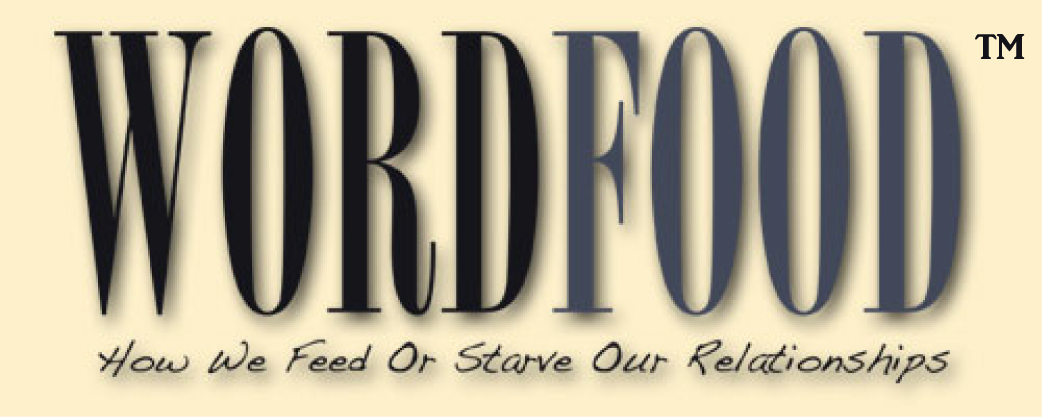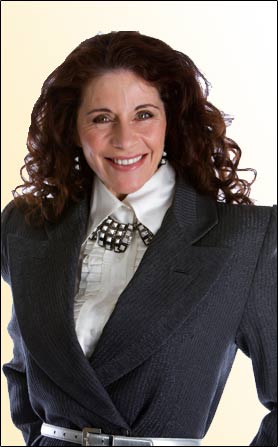The old man was struggling up the breezeway ahead of me, his boarding pass in his left hand, his bag in his right. Periodically he would reach out for balance and touch the walk, taking small, hestitant steps on his way to the regional jet that would take us from Milwaukee to Denver early this morning. His hair, a brilliant white against his dark blue baseball cap, belied his age. I walked slowly behind him.
As he started up the narrow plank to get on the plane he started to trip and I caught his arm, and the attendant inside took over for me. He greeted her enthusiastically and they spoke for a few minutes, and she got him settled into his seat.
After landing in Denver, I picked up my bags and was on my way out when I saw him again. This time, he was seated in a wheelchair, with an airport attendant at the ready. His family had picked up his bags and was busily directed traffic around him.
What bothered me was their language.
“Take him over here,” the daughter said, right over his head.
“No, he needs to go to the other exit,” said a man who appeared to be her husband. This conversation went on for several minutes over the man’s white head.
The attendant swiveled his head between the two, looking for leadership. The old man looked defeated and lonely.
“He” had a name. “He” wasn’t a piece of luggage or a bag of garbage to be moved around. And “he” could also hear himself being discussed as though he was deaf and dumb. He was being dismissed as a human being by all three people around him, and he knew it.
It was offensive to me that this apparent family member was being so casually discussed without the courtesy of using his name. However this is done in hospitals and rest homes and facilities everywhere. Caregivers do this without thinking. Family members talk over their so called loved ones as though they have no emotions. Clearly this man did, and he didn’t much like it.
Perhaps this man was a war veteran. Perhaps he was a beloved uncle or granddad. I have no idea. I don’t know the family dynamics. No one ever does. What I do know is that especially with our elders, and with anyone who is disabled or in a wheelchair, there is a real call for love and respect, and the acknowledgment of their humanity. To not be treated as a piece of beefsteak being carted from place to place.
Everyone has a name, a history, a place. When it is your turn in the wheelchair, your turn in bed with caretakers talking above you like a piece of stale fried chicken, remember. This especially is a time for love. We all simply want to be noticed and acknowledged.

